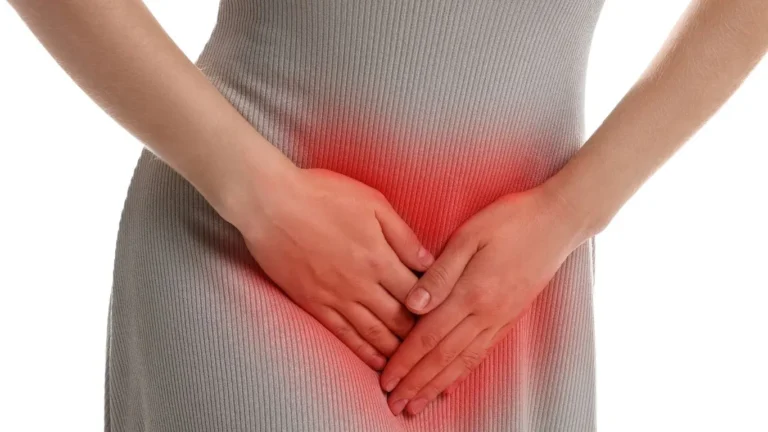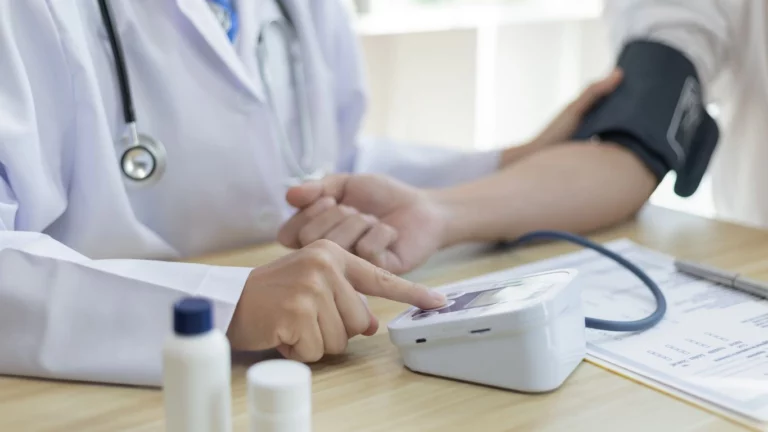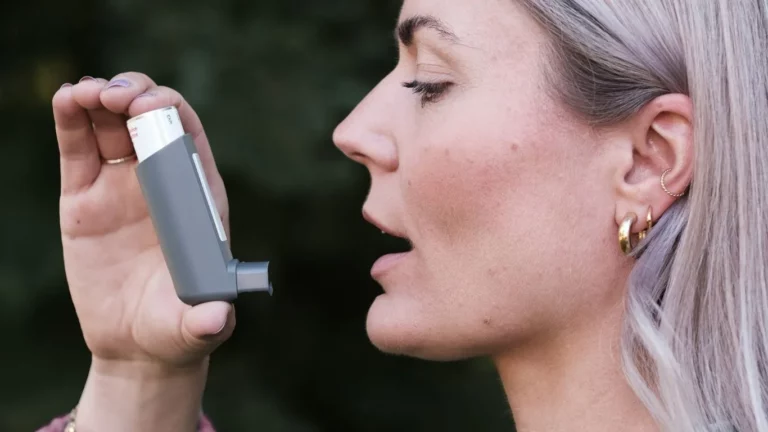How to Lower Blood Pressure Through Sleep Hygiene: A Simple Approach That Works
If you’re dealing with high blood pressure, you know how challenging it can be to manage. Between medication, diet, and exercise, it often feels like you have a million things to keep track of. But here’s something that’s often overlooked—sleep hygiene. If you’re wondering how to lower blood pressure through sleep hygiene, you’re in for a real treat because sleep can be one of the most powerful tools in your hypertension toolbox.
I’m Gwenna, a hypertension expert, and trust me when I say that sleep isn’t just about hitting the pillow at night. It’s a game-changer for your overall health, including your blood pressure. Let me share some of my insights and tips that I use with my patients to help them bring their blood pressure down naturally, without relying solely on medications.
So, What Exactly Is Sleep Hygiene?
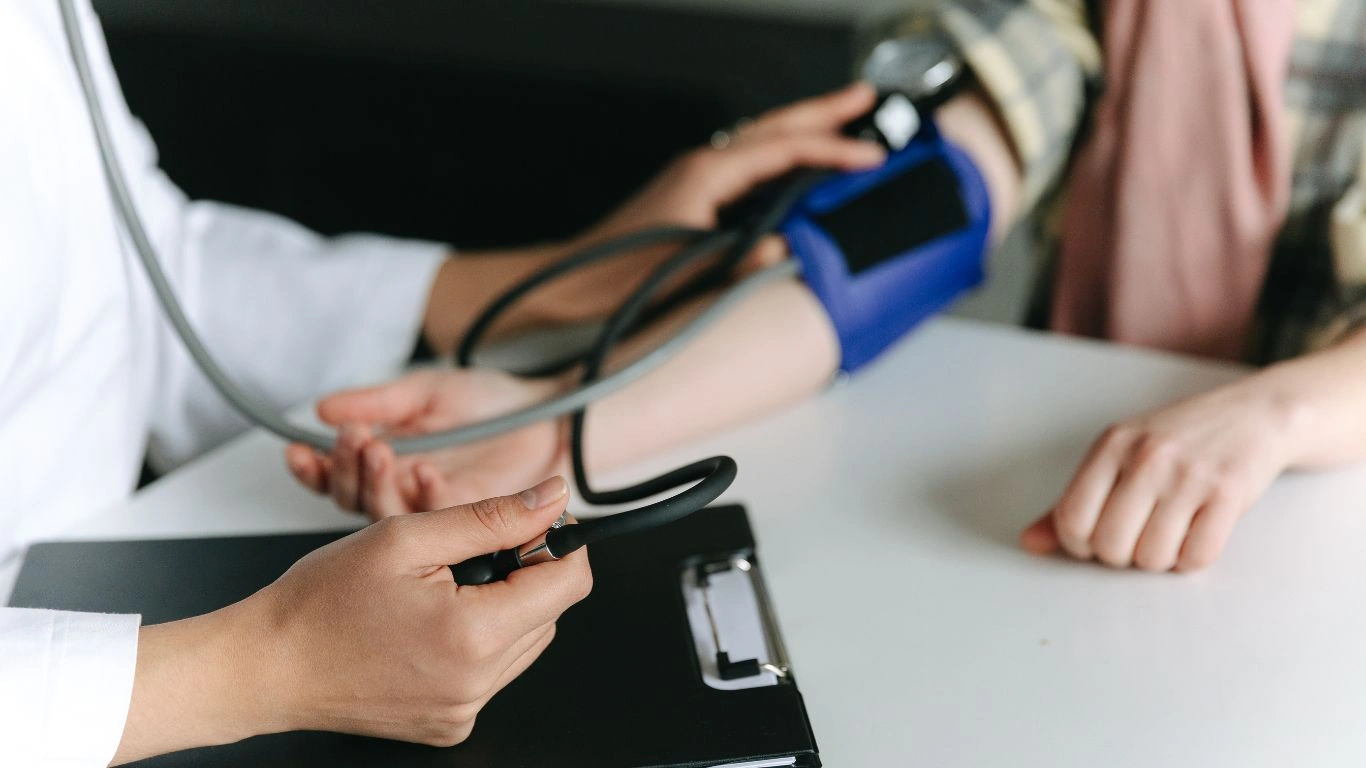
Before we dive into the magic of sleep and blood pressure, let’s first talk about what sleep hygiene really means. Sleep hygiene is the set of habits you develop that help you get the best quality sleep possible. It’s about creating the right environment and sticking to routines that support healthy sleep patterns.
For those dealing with high blood pressure, sleep hygiene is incredibly important. You see, poor sleep—whether it’s not enough or it’s not restful—can directly affect your blood pressure. That’s why it’s one of the first things I tackle with my patients.
How Does Sleep Affect Blood Pressure?

We all know sleep is important, right? But the connection between sleep and blood pressure might not be as obvious. When you sleep, your body goes through several stages, including deep sleep where your blood pressure naturally drops. This drop helps reset your cardiovascular system and provides your heart with a break. So, if you’re constantly waking up in the middle of the night or not getting enough sleep, your blood pressure can remain elevated. Not good news for your heart, trust me.
In fact, studies have shown that people who consistently have poor sleep are more likely to experience higher blood pressure over time, which can increase the risk of heart disease. That’s why improving your sleep hygiene is an easy but powerful way to take control of your health.
How to Lower Blood Pressure Through Sleep Hygiene: Practical Tips
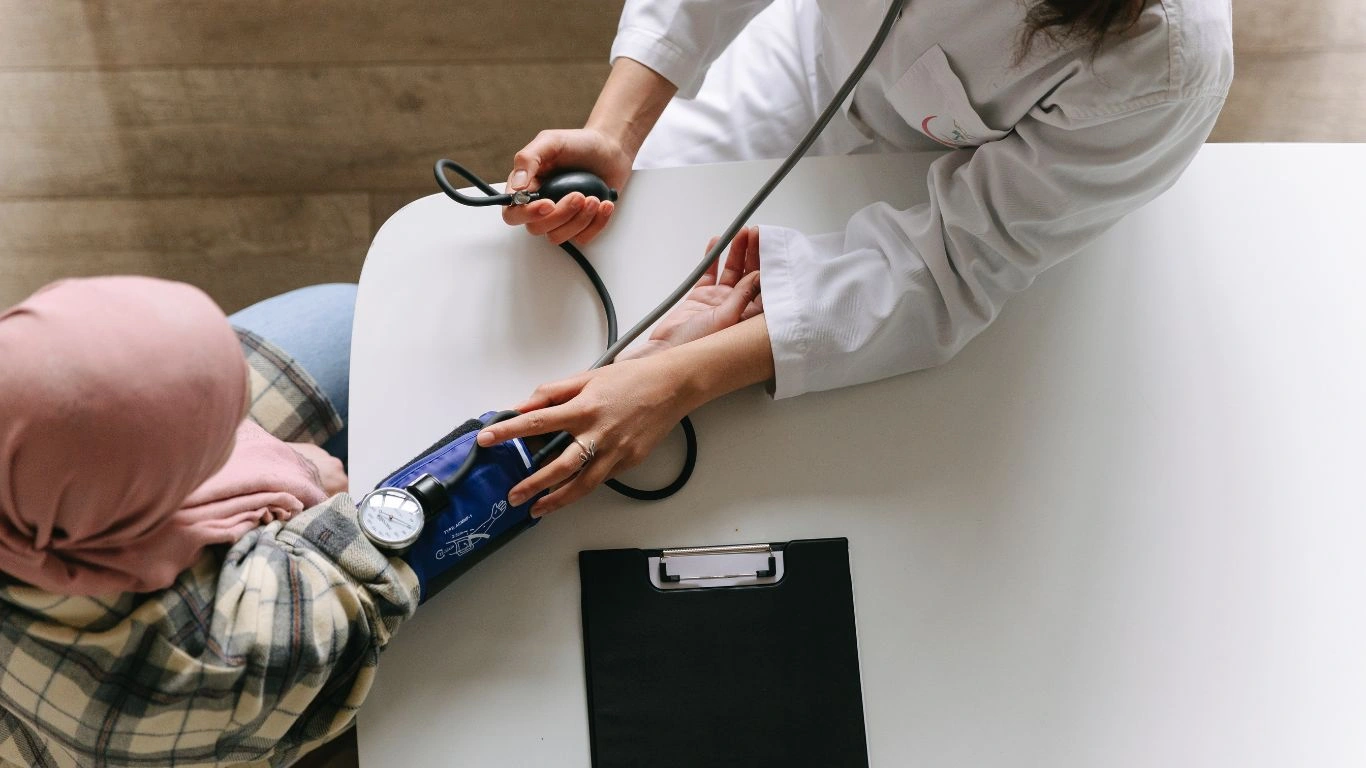
Let’s get into the good stuff. Here are some of my go-to sleep hygiene tips that have helped countless people manage their blood pressure. They’re simple, but trust me, they work.
1. Stick to a Regular Sleep Schedule 🕒
I know, I know, life gets busy, and sticking to a sleep schedule can feel impossible. But here’s the thing—your body thrives on routine. Going to bed and waking up at the same time every day (yes, even on weekends) helps regulate your internal clock. When your body knows when to sleep and wake, it’s easier to fall asleep, stay asleep, and get the deep, restorative rest your heart needs.
Let me share a story. I had a patient, Sarah, who had trouble sticking to a sleep schedule. She’d stay up late on weekends, then try to catch up on sleep during the week. After a few weeks of this, her blood pressure was consistently higher than normal. Once we worked on setting a bedtime routine and sticking to it, her blood pressure readings improved significantly. It wasn’t magic—it was consistency.
2. Create a Sleep-Friendly Environment 🛏️
Your bedroom should be a sanctuary, not a place where you toss and turn. Make your space as comfortable as possible. Here are a few simple adjustments that can make a big difference:
- Darkness: Your room should be dark enough to stimulate melatonin production (the sleep hormone). Consider blackout curtains if light from outside keeps you awake.
- Quiet: If you’re a light sleeper, noise can be a big issue. Use earplugs or a white noise machine to block out disturbances.
- Temperature: A cool room is ideal for sleep. Too hot or too cold can disrupt your sleep cycles and keep your blood pressure from dropping as it should.
I’ve personally found that sleeping in a cool, dark room is a game-changer for my own sleep and stress levels. It’s something I encourage all my patients to try!
3. Limit Caffeine and Alcohol 🍷☕️
We all know that caffeine gives us a boost, but did you know that it can also elevate your blood pressure? If you’re drinking coffee or tea in the afternoon or evening, it could be interfering with your sleep. Same goes for alcohol. While alcohol might make you feel sleepy at first, it actually disrupts the deeper stages of sleep, leaving you more restless.
One of my patients, John, used to have a late-night cup of coffee every evening. He was struggling with his blood pressure, and after a little investigation, we realized his nightly coffee habit might be part of the problem. Once he cut back on caffeine and switched to herbal tea in the evenings, his sleep quality improved—and so did his blood pressure!
4. Relax Before Bed 🧘♀️
Stress is a big contributor to high blood pressure, and it can also keep you up at night. Incorporating relaxation techniques into your evening routine can lower stress and make it easier to drift off to sleep. I recommend things like:
- Deep breathing exercises
- Progressive muscle relaxation
- Gentle yoga or stretching
Even just 10-15 minutes of relaxation before bed can make a world of difference. For me, I like to wind down by meditating for a few minutes. It’s helped me manage my own stress and has become part of my nightly routine.
5. Stay Away From Screens 📱
Here’s one that’s hard for most of us (I’m guilty of it, too!)—avoiding screens at least 30 minutes before bed. The blue light from your phone, computer, or TV interferes with melatonin production, making it harder for your brain to get into sleep mode. Try swapping screen time for something more calming, like reading a book or journaling.
I know it’s tempting to scroll through your phone before bed, but trust me—your body will thank you for it. Try it for a week and see how much easier it is to fall asleep.
Troubleshooting Common Sleep Issues
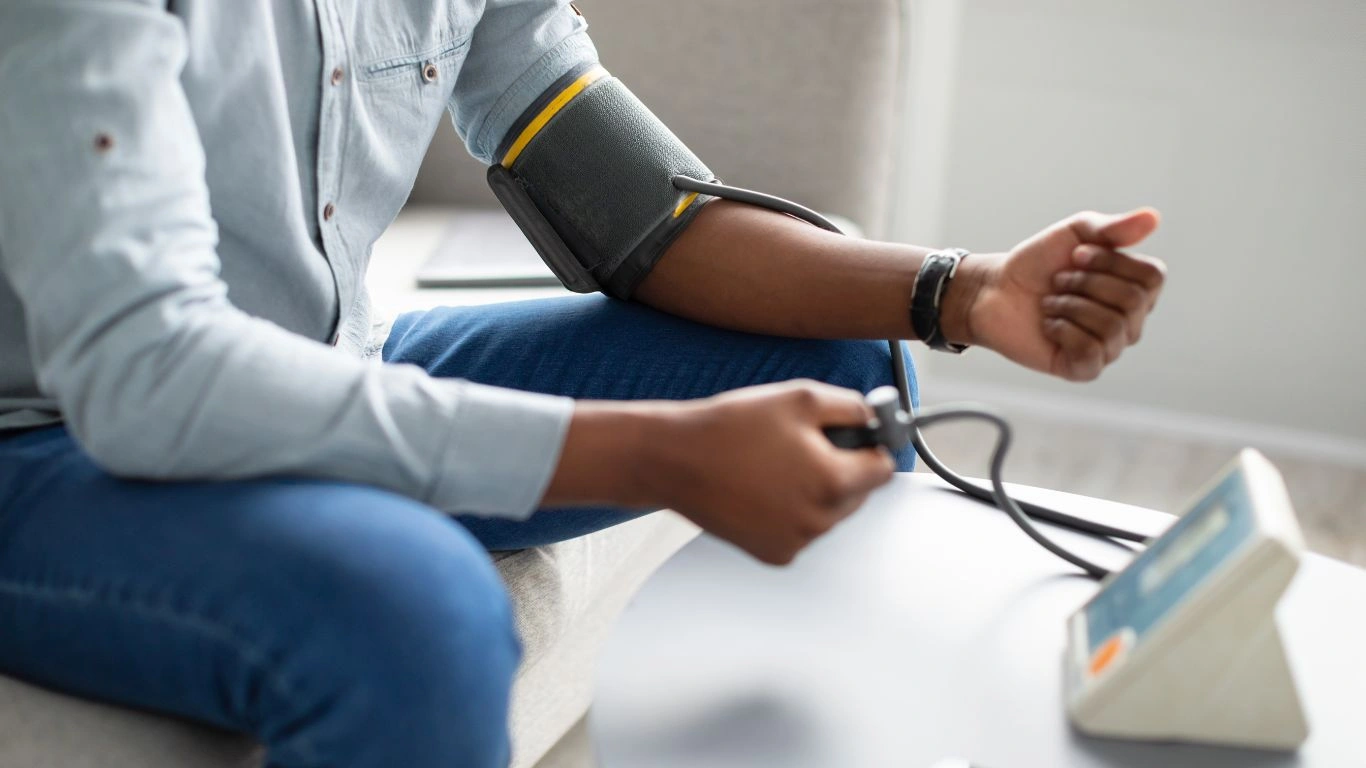
Even when you follow all the sleep hygiene tips, things don’t always go as planned. Here are a few common sleep issues I see and how to deal with them.
1. Trouble Falling Asleep?
If you find yourself staring at the ceiling every night, try incorporating a bedtime ritual. It can be anything from a warm bath to reading a book. Find something that helps you relax and signals to your body that it’s time to wind down.
2. Waking Up in the Middle of the Night?
Waking up at 3 a.m. can be frustrating. If this happens to you often, check your room temperature. A cool, comfortable environment is key. Also, avoid eating large meals close to bedtime, as they can lead to discomfort and disrupt your sleep.
3. Still Feeling Tired in the Morning?
If you’re sleeping enough hours but still feeling groggy, you may be missing out on the deeper stages of sleep. That could be a sign of an underlying issue like sleep apnea. It’s worth discussing with your doctor if this continues.
Case Studies / Success Stories
I’ve seen so many patients turn their health around just by making a few simple changes to their sleep habits. Here are a couple of examples:
- Sarah: After struggling with insomnia and high blood pressure for years, Sarah worked on improving her sleep hygiene. By sticking to a sleep schedule, creating a calming bedtime routine, and cutting out caffeine, her blood pressure dropped significantly. She was able to manage it without relying on medication.
- John: John’s blood pressure was consistently high, and his doctor was concerned about the long-term effects. After following the sleep hygiene tips I mentioned earlier, including limiting alcohol and adding some relaxation techniques, his blood pressure decreased, and his sleep quality improved.
Key Takeaways / Summary
Sleep hygiene isn’t just for getting a good night’s rest—it’s a powerful tool for lowering blood pressure naturally. By following a few simple tips, like sticking to a schedule, creating a calming environment, and relaxing before bed, you can improve both your sleep and your heart health. It’s worth the effort, and I’ve seen it work time and time again.
5 FAQs
1. Can sleep alone lower blood pressure?
Yes! Good sleep can help lower blood pressure, but it should be combined with a healthy diet, regular exercise, and medication if necessary.
2. How long should I sleep to lower blood pressure?
Aim for 7-9 hours of quality sleep each night for optimal blood pressure management.
3. Can a sleep disorder affect blood pressure?
Yes. Conditions like sleep apnea can elevate blood pressure, so it’s important to address any sleep issues with your doctor.
4. What are some sleep aids for better sleep?
Natural remedies like melatonin, herbal teas (like chamomile), or even aromatherapy can promote relaxation and better sleep.
5. How fast can I see results from better sleep hygiene?
It varies from person to person, but many people notice improvements in their blood pressure after just a few weeks of following better sleep habits.
Appendix
References
Disclaimer
The information provided in this article is for educational purposes only and should not replace professional medical advice. Always consult with your healthcare provider for personalized treatment.
Call to Action
If you’re ready to take control of your health and start lowering your blood pressure through better sleep hygiene, try implementing these tips tonight. Start with small changes and see how they work for you!

Dr. Gwenna Aazee is a board-certified Internal Medicine Physician with a special focus on hypertension management, chronic disease prevention, and patient education. With years of experience in both clinical practice and medical writing, she’s passionate about turning evidence-based medicine into accessible, actionable advice. Through her work at Healthusias.com, Dr. Aazee empowers readers to take charge of their health with confidence and clarity. Off the clock, she enjoys deep dives into nutrition research, long walks with her rescue pup, and simplifying medical jargon one article at a time.


